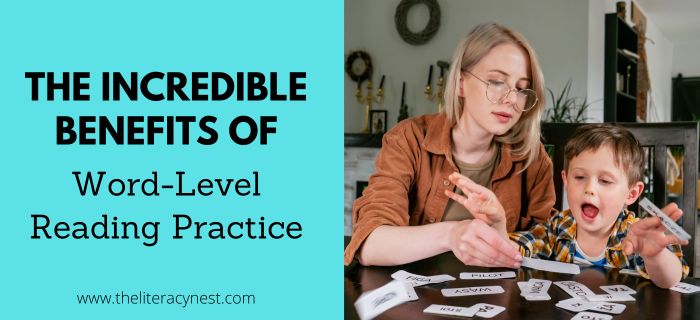Summer Reading for Structured Literacy Teachers
Whether you’re a structured literacy teacher with summers off or a practitioner that works year-round, summer represents a shift in rhythms and schedule. My thoughts always turn to summer reading books. I definitely intend to read the summer’s hottest beach read or that gripping new thriller. I also find that the change of seasons inspires…









